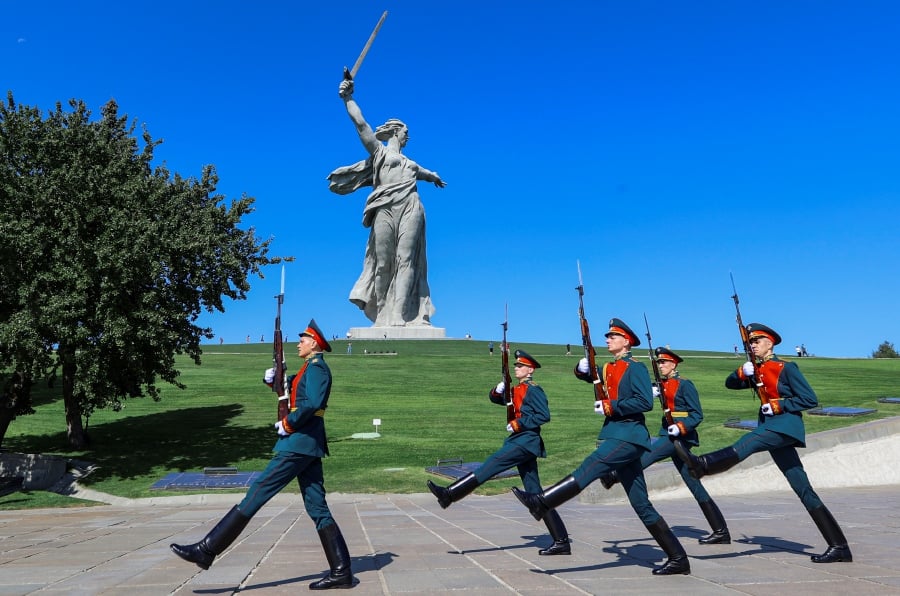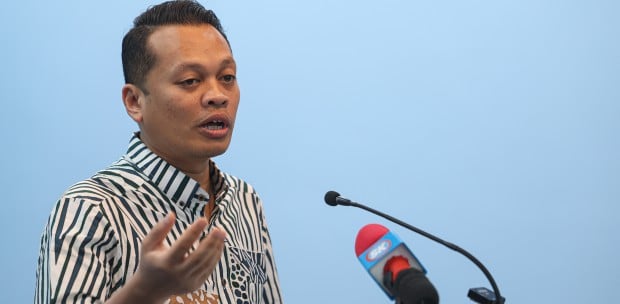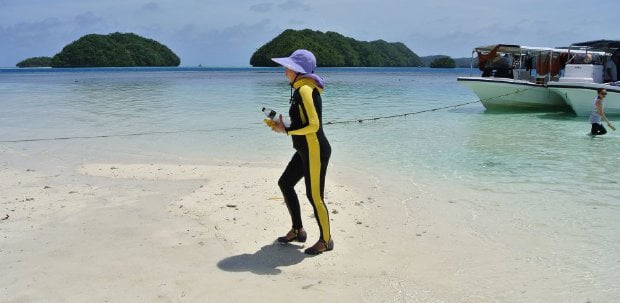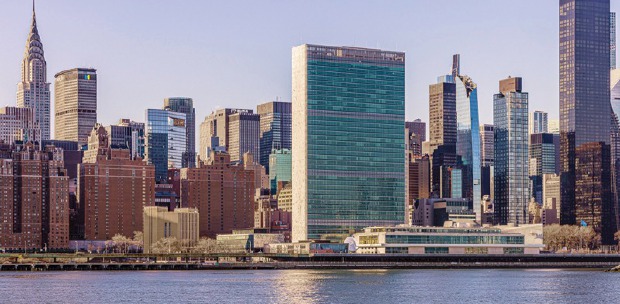Sept 3 is the 76th anniversary of the end of World War 2.
Even though we celebrate that the Allies smashed the Axis and stopped the global massacre in 1945, we feel deep sorrow that almost every country on Earth suffered those days.
During World War 2, Russia (then the USSR) and China suffered great loss, as the number of their soldiers and civilians perished amounting to more than half of the global death toll, which is estimated to be between 70 and 85 million.
Although the global tragedy is far away now, we should remember it as a very valuable lesson. It gave us a precise understanding of what we should avoid and what we should seek.
Even before World War 2 had ended, it had changed the global community's attitude towards international affairs. It is noteworthy that the slogan "united we are strong, united we will win" became very popular among the Allies, known also as the United Nations. In 1945, the United Nations Organisation was established as stipulated in the UN Charter preamble, "to save succeeding generations from the scourge of war".
As another result of World War 2, a huge wave of liberation and decolonisation movements rose, giving birth to a number of new countries, including Malaysia, now free and independent. Thanks not to the war, of course, but to the people's growing aspiration for peace and more equitable and democratic international order.
It has been 76 years. However, we are still on the long and thorny way to that order.
Today, the world is facing turbulence again, with markedly increased instability and uncertainty. Humanity has been afflicted by a growing lack of governability and trust in international affairs, increased disparities in development and the rise in the potential for conflict. Ensuring common security and promoting sustainable development remain crucial challenges. Use of force and threat of force are becoming increasingly important factors in international relations.
We are still witnessing attempts of certain powers to divide the world on ideological grounds, interfere in internal affairs of sovereign states, pursue power politics or even "new cold war" in the so-called zero-sum game, and undermine the legal framework of the international relations system. Unilateral sanctions, including extraterritorial ones, impede the full implementation of sustainable development goals, especially in developing countries, and have an adverse humanitarian impact on the civil population, especially while the mankind is suffering from the pandemic. The threats of terrorism, extremism and separatism are increasing.
The pandemic has deepened these problems, and brought about a long-term impact on the world's economic, social and political development and the entire system of international relations. Unfortunately, the rise of vaccine and virus politicisation instead of solidarity has made the situation even worse, at the unacceptable cost of health and lives of millions of people.
There are very serious obstacles the whole world has to overcome. The aims we all pursue are difficult to achieve. However, while the indeterminacy of the global future is prevailing, every single country prefers to be a part of the common world, not of someone's world, and wants to live in peace, stability and prosperity. It gives us hope that the aims are still achievable.
Genuine multilateralism and multipolar international order are response to our needs. While preserving our own independence and uniqueness, we should overcome differences and frictions, follow our common interests and jointly defend and promote international order based on international law, a central coordinating role of the UN in the international system, as well as principles of equality, mutual respect, non-interference in the internal affairs of sovereign states, peaceful settlement of disputes, rejection of the use of unilateral sanctions, so as to work together to tackle common challenges.
All of us share these values. The only point — we should consolidate in favour of bearing together the responsibility for maintaining international peace, stability and security, and jointly address the most critical world problems. Consistent, step-by-step movement to this direction is crucially needed.
Moscow and Beijing are on this way already. As reiterated in our leaders' Joint Statement on the 20th Anniversary of the Treaty of Good Neighbourliness and Friendly Cooperation of June 28th, 2021, Russia-China comprehensive strategic partnership , while not being a military and political alliance, represent "a model of a new type of interstate relations that meets the fundamental national interests of the two countries and aspirations of their peoples, which also plays an important role in promoting a multipolar world order and ensuring international and regional security and stability".
We strongly believe that every nation establishing such kind of bilateral relations with neighbours and remote countries can contribute to a better future for itself and the whole world simultaneously.
Witnessing Malaysia's ascent as an active, responsible and influential player on the international stage, we treat our Malaysian friends, as well as all other Asean partners, as like-minded who think and act globally. What should happen next fully depends on us. It makes us confident again that the new era of international relations shall come.
The writers are Russia and China's ambassadors to Malaysia
The views expressed in this article are the author's own and do not necessarily reflect those of the New Straits Times





